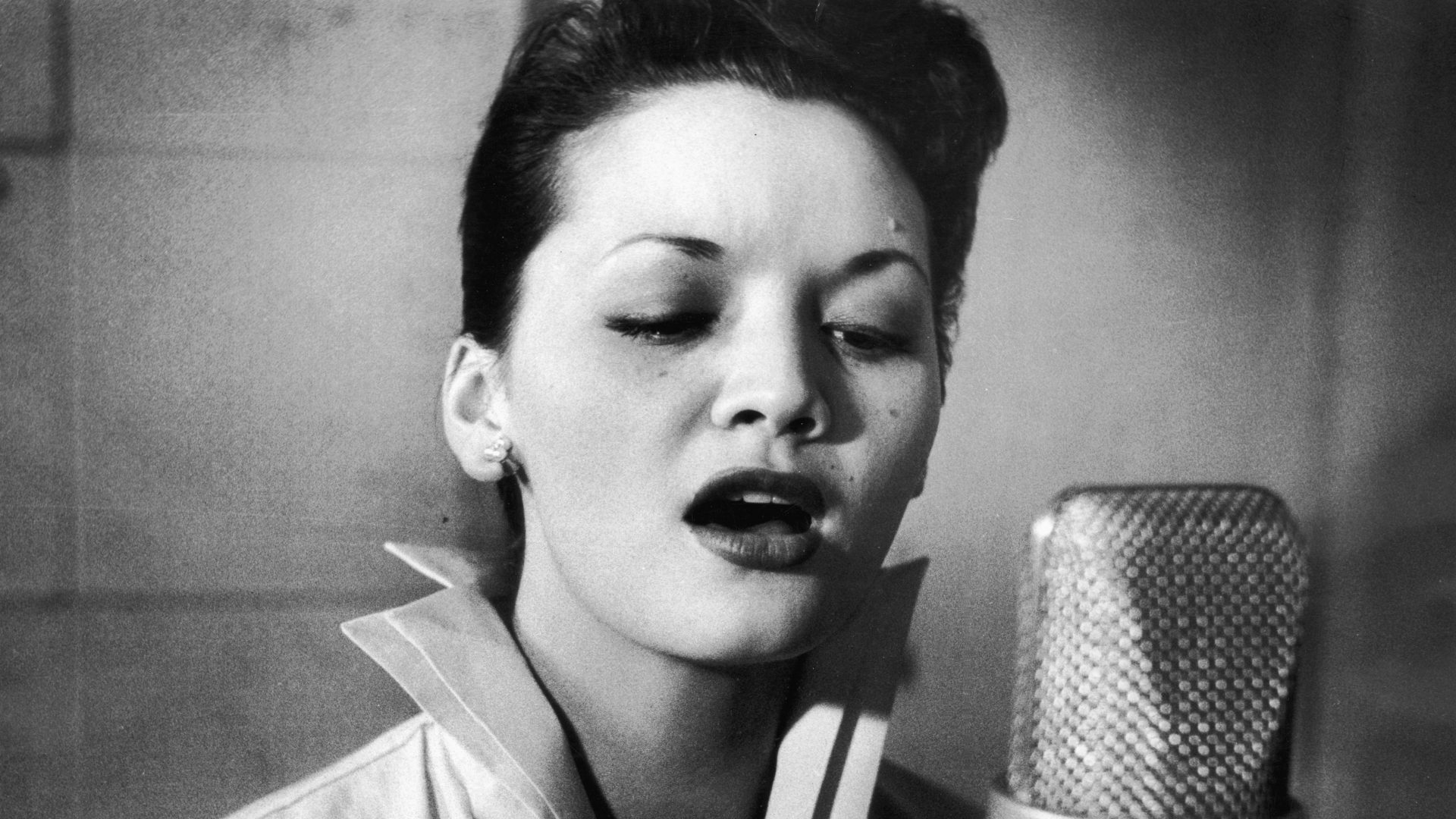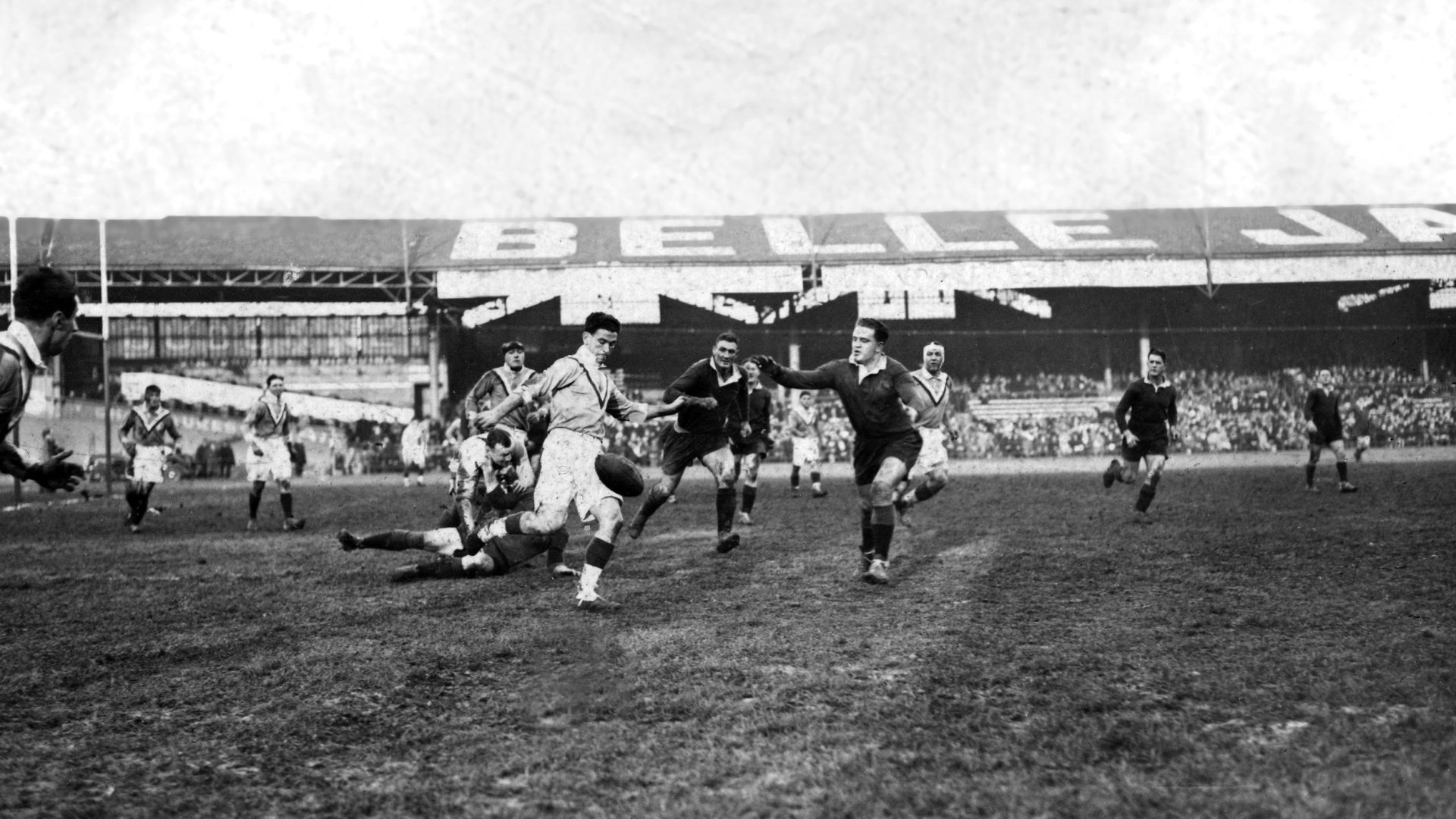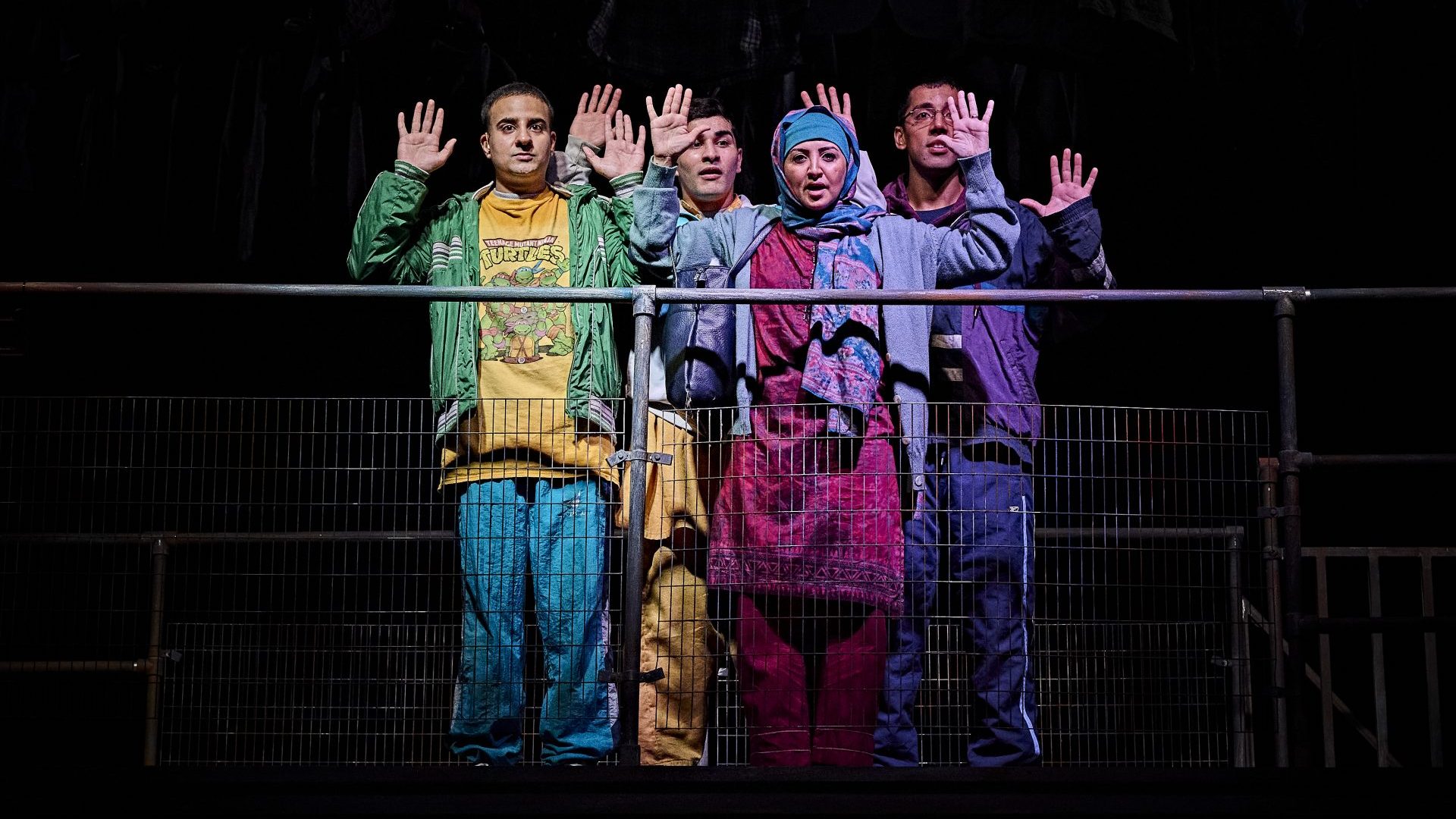It was surely a no-brainer. Liverpool – Britain’s premier music city – has
beaten Glasgow to host Eurovision 2023. As the UK hosts the contest for
the first time since 1998, Liverpool will add its name to the roll call of UK cities that have welcomed the Eurovision circus: London, Edinburgh,
Brighton, Harrogate and Birmingham.
But this is, of course, no ordinary Eurovision year, and Liverpool will simply be a base for the real hosts, Ukraine. After Kalush Orchestra’s victory in this year’s contest, the European Broadcasting Union ruled out the 2023 competition being hosted in Ukraine itself. But with Britain’s most cheerfully earnest man, Sam Ryder, having swept to second place, the UK has been invited to host in perhaps the most remarkable geo-political circumstances in the contest’s 66-year history.
Liverpool is an ideal location for reasons other than its musical history – it has a fairly sizeable Ukrainian population and is also twinned with Odesa. Mykola Chernotytskyi of UA:PBC, Ukraine’s public broadcaster, has said: “I am confident that the city recognised as the capital of pop music will deliver the celebration of music that will amaze both delegations and fans of Eurovision.”
But Liverpool’s past involvement with Eurovision has not been a complete success. Some of the UK’s greatest nearly-rans came from the city. Take Lita Roza, for instance, whose version of (How Much Is) That Doggie in the Window? reached No 1 in 1953. Lita participated in the national selection in 1957, 1959 and 1960 but never made it through to represent the UK. Brian Epstein wanted Cilla Black to appear in the 1968 contest, but Sandie Shaw had won the previous year, and Cilla didn’t fancy her chances at making it two UK wins in a row.
Roza, of Spanish and Filipino descent, and Black, of Irish ancestry, were both representative of Liverpool’s status as a world port and a city of immigrants, and they would no doubt have contributed all-time classic
entries.
Other daughters of Liverpool have done the city proud. Actress and impressionist Kate Robbins made an early appearance alongside her sister
Jane in the six-piece group Prima Donna at the 1980 contest in The Hague. The Robbins sisters, who grew up on the Wirral and are second cousins of Paul McCartney, came an impressive third with the group.
In 1993 Sonia, who is from Skelmersdale, saw her Better the Devil You Know punch well above its weight to come second. One of the Stock Aitken and Waterman stable, Sonia had had a No 1 with their You’ll Never Stop Me Loving You four years before. But it was the north-eastern duo of Brian Teasdale and Dean Collinson who wrote her Eurovision entry, a pleasing blast of faux Motown, with bleating saxes.
Sonia’s second place meant that, between the contest’s beginning and 1997, the UK only strayed outside the final top 10 twice. But it was pretty
much all downhill from there, and British Eurovision’s darkest hour came
via the most thoroughly Liverpudlian entry ever.
When Jemini, a boy-girl double act from Liverpool, represented the UK at
the 2003 competition in Riga, their song Cry Baby seemed anointed by the
Scouse gods. It was written by Martin Isherwood, head of music at the Liverpool Institute for Performing Arts. Founded by Paul McCartney, the
Institute is on the site of schools attended by McCartney, George Harrison and John Lennon. But the entry ended up earning the ignominious claim to fame of being the first ever British entry – or entry in the English language – to score nul points.
The song itself was serviceable enough, but on the night technical problems affected the singers’ earpieces, resulting in a “pitchy” performance. Even so, Terry Wogan, the show’s long-time commentator, thought the kicking Europe gave us was put down to a “post-Iraq backlash”. In 2021, when James
Newman’s entry, Embers, also suffered the ignominy of scoring not a single
point, it was put down to Brexit.
The UK’s military support for Ukraine and the positive PR of playing host may change Britain’s tarnished reputation. We shall see. But what is certain is that the people of Liverpool – a city of people of high emotion and great generosity – will know that Eurovision 2023 isn’t about them. As Sam Ryder said, when it was confirmed the UK would host, “It’s Ukraine’s party. We’re just inviting them to throw it at our house.”
LIVERPOOL AND EUROVISION in five songs
Lita Roza, This Is My Town (1959)
Coming across as a love letter to Liverpool (“I’ve seen the lights of Paris/ I’ve felt the wonder of Rome/ But this is my love, this is my town/ And it’s home”), this lush, cinematic song competed in the national selection for Eurovision 1959.
Cilla Black, Step Inside Love (1968)
Our Cilla turned down a chance to compete at Eurovision 1968. This Paul
McCartney-penned song, released a month before the contest, gives a glimpse of what might have been.
Prima Donna, Love Enough for Two (1980)
The Wirral’s Kate and Jane Robbins featured in Prima Donna, and this
slightly stalkerish song (“If there’s a place in your heart for me/ There’s a
room in my place for you”) came third at Eurovision 1980.
Sonia, Better the Devil You Know (1993)
The Scouse songstress came second in the middle of Ireland’s hat-trick of
wins with this perky bit of pop froth.
Jemini, Cry Baby (2003)
A Latin-flavoured, energetic dance song, this entry by the Liverpool duo
cruelly failed to win any points in the 2003 competition.




